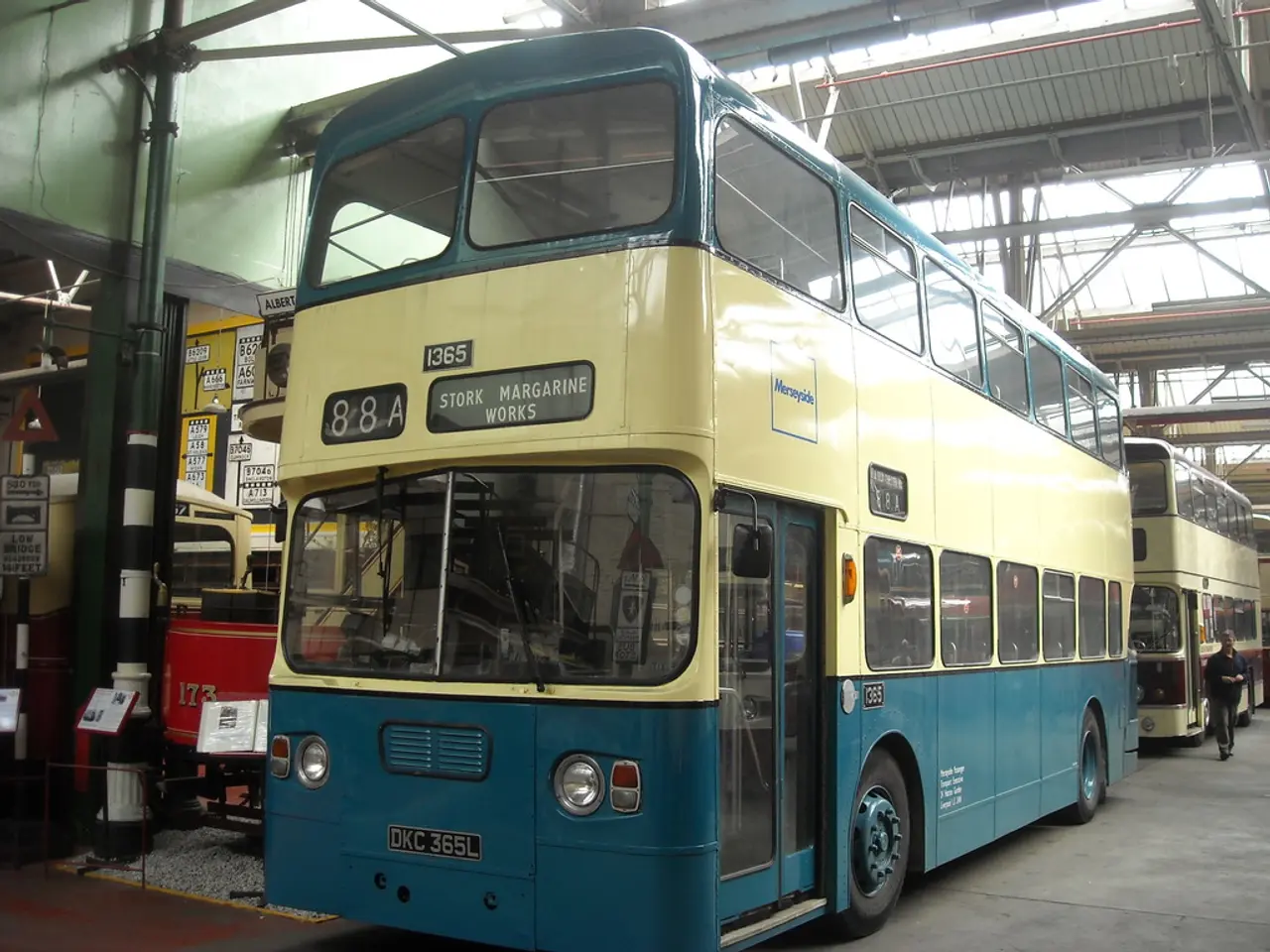Public commentary: Consistent regulations for safety: The importance of uniform rules for public security
The Federal Transit Administration (FTA) has proposed a clarification aimed at modernizing an outdated rule and ensuring consistent safety standards across all transit providers. This clarification seeks to address a gap created by a 1994 exemption, known as the "taxicab exemption," which allows transit agencies to contract with multiple third-party operators without subjecting those drivers to FTA drug and alcohol testing.
This exemption is sometimes applied to broader contracted services, including app-based platforms, on-demand mobility solutions, and other innovative models that are often operating under public funding and in coordination with transit agencies. These third-party operators may not be held to the same safety rules as traditional transit systems.
Today, more than 100 million annual trips are provided through these third-party operators with public transit agencies. However, not all riders are protected equally, even when public dollars are funding the trip. Under federal transit law, public transportation operations receiving funding must implement controlled substance and alcohol testing for individuals in safety-sensitive roles. Yet, some drivers for third-party operators may not be subjected to these tests, even when public funds are used for the ride.
The FTA's proposed clarification aims to close this gap, ensuring that publicly funded services meet baseline public safety expectations, regardless of the vehicle or dispatch system. The path forward requires transit agencies, providers, and regulators to work together to build fair, clear, and scalable standards.
One company leading the way in safety is SilverRide, launched more than a decade ago with a focus on ensuring safety for older adults and people with disabilities. The level of care and attentiveness provided to these vulnerable riders is a responsibility that SilverRide was built around. All its drivers pass Level II background checks, complete drug and alcohol testing, and verify robust credentials before serving a rider.
The safety of riders should not depend on the platform used to book the ride or the provider offering the service. Public safety, public dollars, and public trust are all at stake in the modernization of transit regulations. The proposed standards should be equitable, transparent, efficient, and adaptable. When public dollars move people, public safety should move with them.
Older adults and people with disabilities often require additional assistance beyond a simple ride, such as guidance and human presence. SilverRide's commitment to safety extends beyond drug and alcohol testing, ensuring that its drivers are equipped to provide the necessary assistance to ensure a safe and comfortable journey for all riders.
In conclusion, the FTA's proposed clarification is a step towards ensuring that all riders, regardless of the transit service they use, are protected by the same safety standards. This modernization of transit regulations is essential to maintaining public trust, ensuring public safety, and making the most efficient use of public dollars.
Read also:
- Nightly sweat episodes linked to GERD: Crucial insights explained
- Antitussives: List of Examples, Functions, Adverse Reactions, and Additional Details
- Asthma Diagnosis: Exploring FeNO Tests and Related Treatments
- Unfortunate Financial Disarray for a Family from California After an Expensive Emergency Room Visit with Their Burned Infant








